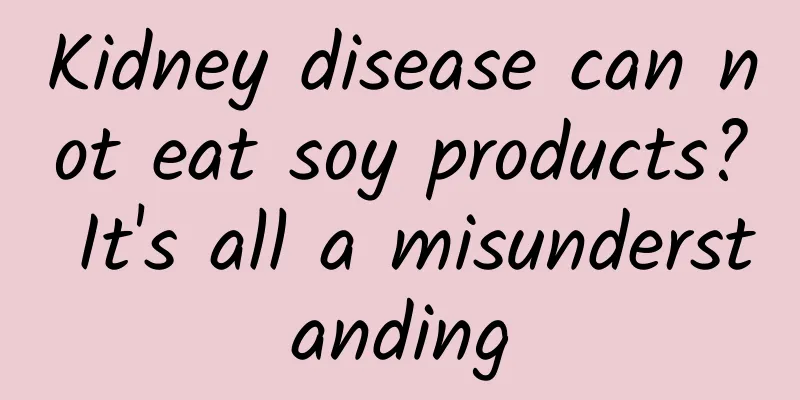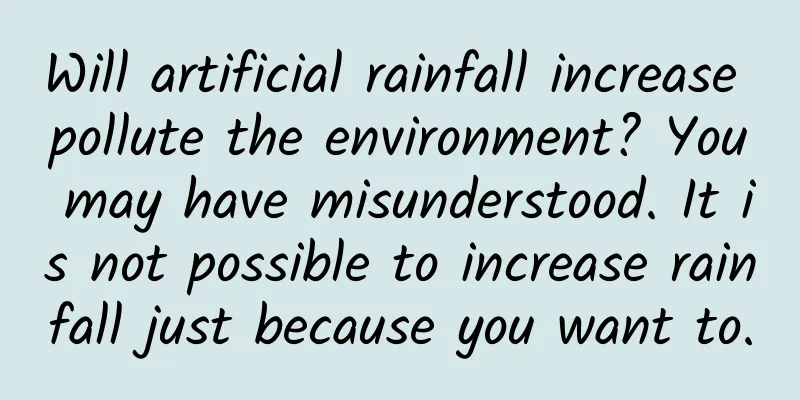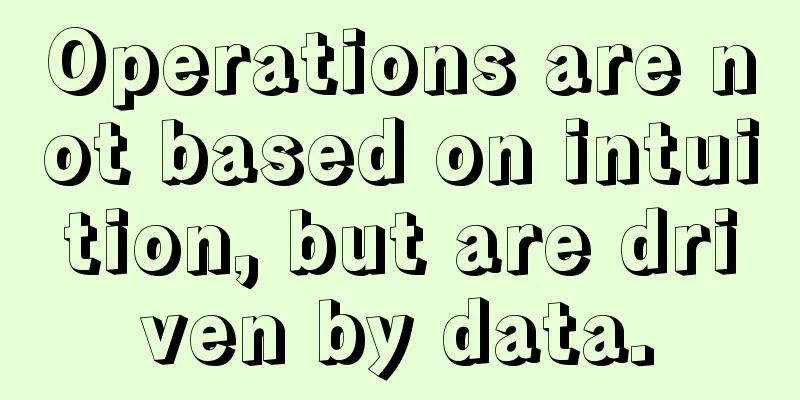Kidney disease can not eat soy products? It's all a misunderstanding

|
Diet management is an extremely important part of the treatment of chronic kidney disease. Many nephrologists place it on the same level as drug treatment. "Control your mouth and move your legs" is not only important for diabetic patients, but also for chronic kidney disease patients. However, there are still three common dietary misunderstandings among kidney disease patients. Myth 1: Can kidney patients only be vegetarians? Some kidney patients spontaneously become vegetarians after being diagnosed with kidney disease, refusing to eat meat, eggs or milk. As a result, the kidney disease is not well controlled, and instead symptoms of malnutrition such as anemia, fatigue, lack of energy, and poor sleep quality soon appear. In fact, animal protein is rich in inorganic salts, iron, vitamin B12, vitamin B1 and other nutrients essential to the human body. Even if you have poor kidney function, it is necessary to supplement 1 to 2 taels of lean meat daily. If you really don't like eating animal protein, you should supplement with an appropriate amount of soy products every day. Myth 2: People with kidney disease cannot eat soy products? As we all know, protein includes animal protein and plant protein. Although soybeans are plant protein, their protein content is very high. Every 100 grams of soybeans contains 36.3 grams of protein, which is more than the same weight of lean pork and beef (16.7 grams and 20.2 grams of protein respectively). Therefore, it is called high-quality protein together with animal protein. For kidney patients with proteinuria, it is recommended to eat high-quality protein, so they can eat soy products. However, it should be noted that there are many types of soy products, and soybeans, black beans, green beans and their soy products are high-quality proteins. Mung beans, red beans, peas, broad beans and kidney beans are starch beans, and their nutritional value is equivalent to that of ordinary grains. Kidney patients must pay attention when choosing. Myth 3: The more protein in urine, the more protein should be supplemented? Many kidney patients believe that if more protein is lost in urine, they should eat more and take more supplements. However, as protein intake increases, the amount of urine protein leakage also increases, the kidneys are in a high filtration state, the burden on the kidneys increases, and the kidney function declines faster. In other words, the more protein you eat, the faster it leaks, and the more serious the kidney damage. At present, a low-protein diet is recommended for patients with kidney disease, that is, protein intake is limited while ensuring sufficient calories (30-35kcal/kg·d). At the same time, as renal function gradually declines, protein intake requirements become more stringent. Starting from the 1st and 2nd stages of chronic kidney disease, it is advisable to reduce protein intake. Generally, 0.8 g/kg/day of protein is recommended; in the 3rd stage of chronic kidney disease, 0.6 g/kg/day of protein is recommended, and compound α-keto acid tablets are supplemented; in the 4th and 5th stages of chronic kidney disease, patients should restrict protein more strictly, and 0.4 g/kg/day of protein is recommended, and compound α-keto acid tablets are supplemented. In a protein diet, about 50% of the protein should be high biological value protein. |
<<: Why do you need to "shake" the wine glass before drinking it?
Recommend
The "little hole" on boys' long johns is used for going to the toilet? Many people actually misunderstand it
Whenever the temperature drops, the discussion ab...
The Gate of True Love Hero "The Law of Creation (From Scarcity to Abundance)"
The Gate of True Love hero "The Law of Creat...
International first! Chinese scientists have made a major breakthrough
Quantum simulation experiments have made a major ...
This rare pre-glacial plant was the "king of ferns" that lived at the same time as the dinosaurs
One day hundreds of millions of years ago, two di...
What skills are most lacking in excellent developers? A former Microsoft engineer said: Good writing!
[[151949]] When you think of the profession of &q...
Let’s go! Towards Mars
Among various deep space explorations, scientists...
Ancient energy-saving black technology! The 800-year-old oil-saving lamp contains the neglected beauty of science
Mr. Chen Yinke spoke highly of the historical dev...
5 tips for user recall!
This article shares how to recall users from the ...
Why can't we uninstall pre-installed software on mobile phones? The profit chain is shocking
While mobile phone software brings convenience, m...
Solve the three major problems of App channel tracking and increase the efficiency of attracting new users by 200%
Everyone is promoting apps, so why is your averag...
Simple-side-drawer implements the side menu
introduce Implement the drawer view (slide out me...
Users complain about iOS 9 bugs and lags
[[149781]] At the previous Apple press conference...
A masterpiece of "core" - ZIVOO Zhiwo Mango Ice Box Disassembly and Evaluation
Among all the TV box products we have experienced...
Foxconn is no longer so obedient: Is it becoming a hidden danger for Apple?
Japanese media reported a few days ago that Sharp...
Smells so good! Pitcher plants stop eating bugs and start eating feces, and they're actually doing better!
Due to their cute shapes and unique habits, carni...









